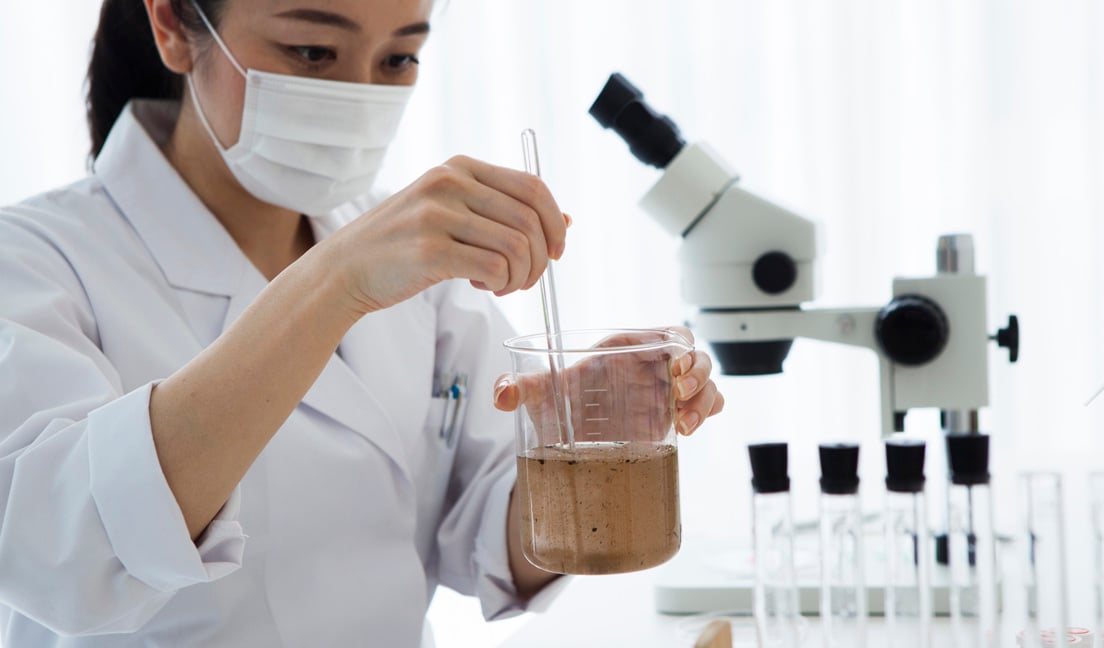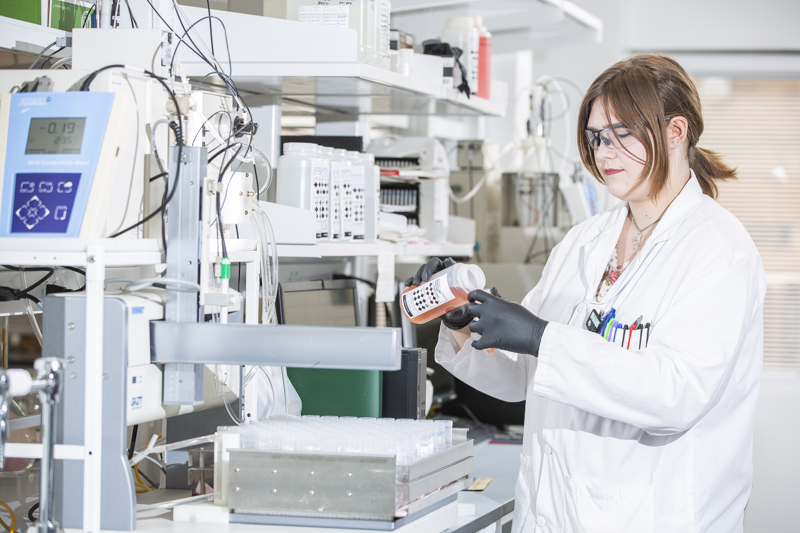Leading Water Testing Service: Guarantee Your Family's Safety Today
Leading Water Testing Service: Guarantee Your Family's Safety Today
Blog Article
Learn Just How Water Testing Can Find Pollutants and Safeguard Your Family members's Wellness
Comprehending the value of water testing is important for protecting your family's wellness, as our water supply can harbor unseen threats. By discovering the auto mechanics of water screening, one can discover the undetectable risks prowling in relatively beautiful water resources.
Relevance of Water Examining
Recognizing the vital role water plays in sustaining life, the value of water testing can not be overstated. Making sure that water is free from dangerous compounds is vital for maintaining healthy communities and ecological communities. Water Testing Services Near Me.
Water screening works as an aggressive action to identify potential dangers that might jeopardize water top quality. Via organized analysis, it helps spot physical, chemical, and biological specifications that might present dangers to human health and wellness. Normal screening enables the early detection of problems, assisting in prompt interventions to avoid extensive contamination and connected health issue.
Furthermore, water testing supports regulative conformity, making certain that water companies satisfy established security standards and standards established by governmental authorities. It cultivates transparency and accountability, constructing public rely on the water system. Furthermore, screening supplies important information that educates water monitoring approaches, enabling sustainable usage and conservation of this precious resource.
In significance, water testing is an important tool that safeguards public wellness, guarantees regulative adherence, and promotes the lasting management of water sources. Its value in safeguarding both individuals and communities can not be undervalued.
Usual Water Contaminants
Amongst the various aspects that can endanger water high quality, usual water contaminants consist of a variety of physical, chemical, and organic materials that position substantial dangers to human health and the atmosphere. Physical impurities commonly include debris or natural materials put on hold in water, which can influence clarity and preference. Chemical impurities encompass a vast range of materials, consisting of chemicals, herbicides, metals like lead and mercury, and industrial chemicals. These chemicals can penetrate water materials through farming runoff, industrial discharges, or seeping from pipes and storage containers.
Biological contaminants, mostly germs, infections, and protozoa, emerge from animal and human waste entering water supply. Virus such as E. coli, Giardia, and Cryptosporidium are infamous for triggering gastrointestinal illnesses and can be specifically dangerous to young kids, the senior, and those with endangered body immune systems. Nitrates and nitrites, commonly originating from plant foods, present another health risk, especially to babies, possibly bring about problems like methemoglobinemia or "blue infant syndrome."
In addition, arising pollutants, including pharmaceuticals and personal care items, have elevated worries due to their persistence and unidentified long-lasting impacts. Comprehending these contaminants is essential for applying reliable water treatment strategies and making certain secure alcohol consumption water.
Exactly How Water Testing Functions
Recognizing the range of contaminants in water highlights the value of efficient screening methods to safeguard public health and wellness. Water screening is a methodical procedure designed to identify and measure various contaminations that might position dangers to human health and wellness.
Chemical testing commonly look these up includes spectrometry or chromatography, both of which can determine and determine certain chemical compounds. Furthermore, physical characteristics like pH, turbidity, and shade are examined to supply insight into the general quality of the water.
The accurate approaches employed in water testing rely on the certain pollutants of problem and the water's planned usage. By constantly applying these rigorous testing protocols, researchers and public wellness officials can make certain the security and quality of water, consequently safeguarding communities from possible health and wellness dangers.
Selecting the Right Test
Just how does one determine one of the most proper water test for their demands? Selecting the appropriate test entails recognizing both the specific characteristics of the water resource and the potential impurities that might be present. The first action is assessing the water resource-- be it community, well, or surface area water-- as each has distinct threats. Community water could call for testing for disinfectant by-products, while well water may need testing for nitrates, germs, and heavy steels.
Next, consider ecological elements and current events. Close-by farming tasks may necessitate screening for herbicides and chemicals, whereas industrial areas could require checks for chemical pollutants. Additionally, any changes in water preference, look, or smell must trigger specific testing for usual contaminants like lead, chlorine, or biological pathogens.
Specialist water testing solutions offer extensive kits that target a large range of prospective pollutants. These kits frequently align with standards established by the Environmental Defense Company (EPA) or local health divisions. For a much more tailored approach, consulting with a water top quality specialist can give insights into which specific examinations are needed based upon regional problems and private health and wellness demands, making sure the protection of your house's well-being.

Keeping Water Safety And Security

Along with testing, appropriate maintenance of water systems plays a vital role. This includes servicing and examining plumbing systems, tank, and septic systems to avoid leakages or backflow that can present contaminants - Water Tesing Services Tampa. Employing water filtration systems developed to resolve details neighborhood concerns can better guard versus contaminations, providing an extra layer of security
Public understanding and education and learning are similarly crucial in maintaining water safety. Areas ought to be notified regarding prospective risks related to local water resources and the needed steps to reduce them. Motivating public involvement in water safety campaigns promotes a collective responsibility that boosts general effectiveness.
Ultimately, a thorough strategy that incorporates regular testing, system maintenance, and community participation is necessary in protecting water top quality. By doing so, households can be assured of tidy and safe water, protecting their health and wellness and wellness.

Verdict
Routine water testing is necessary for identifying impurities such as germs, hefty metals, and chemicals that present health dangers. By analyzing water examples, unseen hazards can be found, making sure the provision of safe alcohol consumption water. This proactive approach helps produce a much healthier environment and helps with educated decision-making regarding water safety. Choosing appropriate screening techniques and maintaining caution in water check these guys out quality are crucial action in protecting public health and wellness and making certain the health of all household members.
Recognizing the relevance of water testing is vital for securing your family's health, as our water supply can nurture undetected threats.Water screening offers as an aggressive procedure to determine prospective threats that might endanger water high quality.Furthermore, water testing supports regulative compliance, making certain that water providers meet established safety criteria and guidelines set by governmental authorities. Community water might call for testing for disinfectant byproducts, while well water may require screening for nitrates, bacteria, and hefty metals.
Normal water testing is an essential part in preserving the top quality of water resources, enabling prompt interventions prior to pollutants reach hazardous degrees.
Report this page